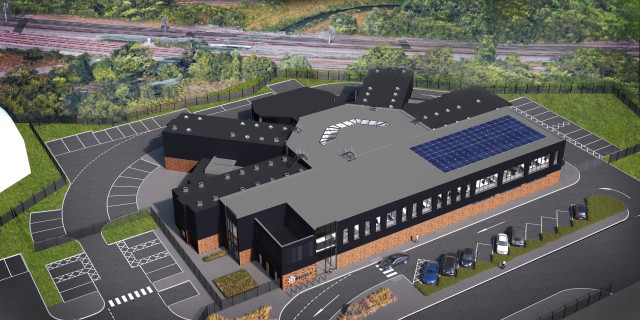SES Engineering Services embarks on latest blue light project

National engineering specialist SES Engineering Services has announced it is to commence work on its latest state-of-the-art custody suite project with lead contractor, Willmott Dixon.
Working with both the contractor’s team and Nottinghamshire Police, SES has been appointed to deliver a full range of MEP services on a new multi-million pound 50-cell custody suite, currently under construction on a former gas works site in Nottingham.
Serving Nottingham and the wider conurbation, the new building’s design is more befitting 21st century custodial needs and will replace an existing facility which was deemed to be too outdated to benefit from a refurbishment.
In the past five years, SES has delivered five custody suites for multiple Police forces and as such gained extensive experience and a reputation as a leader in its field in the blue light sector.
This experience, coupled with SES’ and Willmott Dixon’s well-established working relationship, will ensure that the project is delivered to exacting requirements as set out by the Home Office, where specific ventilation and comfort conditions within custodial spaces must be met.
To meet these needs, SES will be required to install a high volume of complex building services to the two-storey building. In addition to the cells, the building will also provide first floor office accommodation for police investigators and the custodial handling team.








